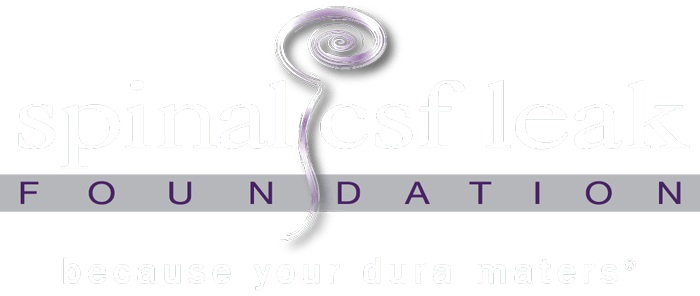
Dr. Timothy Amrhein is an Associate Professor in the Department of Radiology at Duke University Medical Center, where he also serves as the Director of Spine Intervention.
He completed residency training in Diagnostic Radiology at Duke, where he served as chief resident, and stayed to complete a neuroradiology fellowship. He now leads a team of spine researchers focusing on spontaneous intracranial hypotension and CT guided pain interventions. He has been first author or a co-author on more than 65 peer-reviewed publications and has written innumerable book chapters. His work has been published in JAMA Neurology, PLOS Med, Nature: NPJ Digital Medicine, Radiology, American Journal of Radiology, Headache, and the American Journal of Neuroradiology, with features in the popular press ranging from national outlets such as the New York Times and Reuters to the local press (WRAL).
Dr. Amrhein’s research has been supported through multiple grants, including several highly competitive national foundation awards: the RSNA Research Scholar Grant, ASNR Comparative Effectiveness Award, Spine Intervention Society Research Grant, the American Heart Association Bugher Fellowship, and a Spinal CSF Leak Foundation grant. Further, Dr. Amrhein serves as PI for the first multi-institutional efforts in SIH with submissions to the FDA and NIH, working toward the first randomized controlled clinical trial investigating the efficacy of blood patching CSF leaks.
Dr. Amrhein has lectured nationally and internationally with invited talks in Brazil (JPR), Canada, and regularly at RSNA, ASNR, ARRS, and ASSR. He has served in multiple society leadership roles including as ASSR Research Committee Chair (current), ASSR Secretary/Treasurer (2023-2024) and RSNA Neuroradiology Educational Exhibits Chair.
He has been a member of the Spinal CSF Leak Foundation’s medical advisory board since 2018.
We recently asked Dr. Amrhein to share with us a little about his life and work.
What first motivated you to focus on spinal CSF leaks?
Dr. Linda Gray at Duke was instrumental in piquing my interest in this field and I’m eternally indebted to her for identifying and championing this medical problem. My colleagues at Duke are amazing. The SIH patients that we see are a constant source of motivation for me to continue to work to improve their clinical care through impactful research that hopefully will change their lives for the better.
What do you wish more people knew about spinal CSF leaks?
I just wish more doctors knew about spinal CSF leaks! I think that’s changing rapidly—which is very encouraging.
What are you most excited about right now regarding spinal CSF leak research?
We are about to see the first higher level evidence studies for treatment efficacy in SIH and we are beginning to see the first organization of multi-institutional collaborations. The next several decades will lead to some very important discoveries and advances.
What do you like to do when you’re not seeing patients or thinking about spinal CSF leak?
Any “free” time that I get is dedicated to my wonderful family and taxiing my kids to their various activities 🙂
Thanks, Dr. Amrhein, for all you do to help patients, educate others, further research, and raise awareness about spinal CSF leak!
